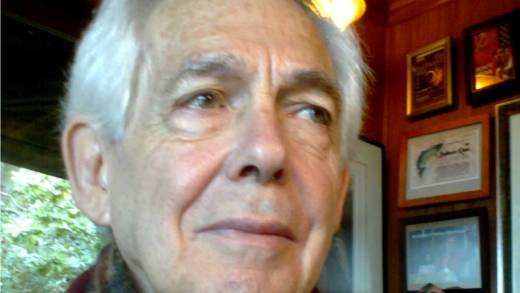When Richard Friedlander married, it changed him. Here’s how.
Shortly after my marriage, one of the celebrants approached me and asked, “Do you feel ontologically different?”
I thought for a second, then replied with a smile and a weak, “Yes.” Then I looked up what ontology meant. Briefly, it is the philosophical study of being. Not much of a help. But I took the question to mean, “Has anything happened to you, through your being bound to this person, to change the way you perceive your existence?” And, remarkably, I believed it had. For the first time in my life, I was putting someone else’s welfare ahead of my own. Not because I was trapped, but by my own volition.
I’m not perfect, but most of the time, I do very much put her welfare ahead of my own and I am happy when I do so. When I’m food shopping, I buy things I know she will like. When I criticize her for being who she is, I immediately apologize. Can this happen outside marriage? Maybe. But it never really had happened to me.
Menachem Mendel of Kotzk, a Hasidic rebbe, said, “If I am I because I am I, and you are you because you are you, then I am I and you are you. But if I am I because you are you and you are you because I am I, then I am not I and you are not you!” Sure he did. My loving my wife does not depend on her loving me. No one is twisting my arm or my conscience.
